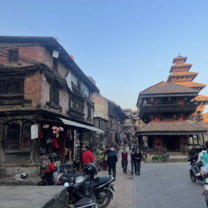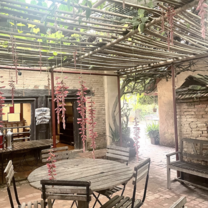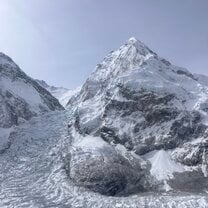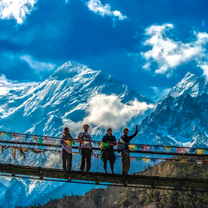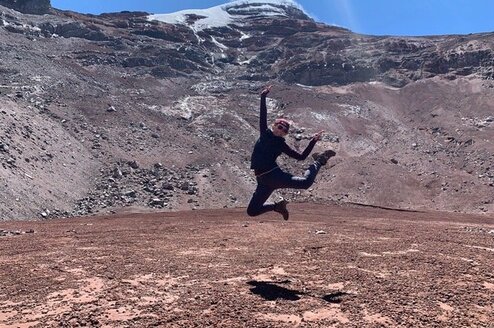SIT Study Abroad: Nepal: Tibetan and Himalayan Peoples
- Nepal
- Kathmandu
- Pokhara
About Program
The dynamics of Tibet and the Himalaya span from ancient times to the present day. Discover the history of the region’s border tensions, religious belief systems and politics. Learn about the Tibetan Government in Exile; CIA intervention in Tibet; the Dalai Lama and his Middle Way approach; negotiations with China; and human rights in Tibet. Spend six weeks in Kathmandu, Nepal’s capital and home to a significant Tibetan exile community. Study Tibetan medicine, symbolism, music, art, meditation and retreat. Explore the shamanistic features of the indigenous Tibetan religion, Bön, at an institute halfway up a mountain on the valley’s periphery.
Video and Photos
Diversity & Inclusion
Program Highlights
- Explore Tibetan and Himalayan society, geopolitics, religion, and arts.
- Trek the high Himalayas to meet with remote Tibetan communities.
- Learn about traditional Tibetan civilizations, politics and Buddhist history.
- Live with a host family in Kathmandu; learn the Tibetan language and Nepali.
Scholarships
SIT Robert Kantor Memorial Scholarship
Each year one student will be granted $10,000 in scholarship aid to study abroad with a SIT program. Funded by individual donors and foundations, the requirements are tight: seeking first-generation college students who've never traveled abroad before, currently attend an HBCU, and demonstrate strong financial need.






